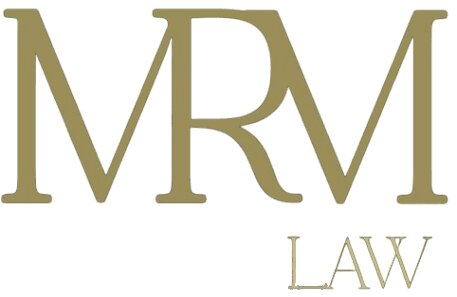Best Antitrust Lawyers in Athens
Share your needs with us, get contacted by law firms.
Free. Takes 2 min.
List of the best lawyers in Athens, Greece
About Antitrust Law in Athens, Greece
Antitrust law in Athens, Greece is designed to promote fair competition and protect consumers from anticompetitive practices. It aims to prevent monopolies, cartels, and other practices that stifle competition and harm the market. The primary legislation governing antitrust in Greece is Law no. 3959/2011, also known as the Greek Competition Act.
Why You May Need a Lawyer
You may need a lawyer specializing in antitrust law in Athens, Greece if you find yourself in any of the following situations:
- Being investigated or accused of anticompetitive behavior
- Facing a lawsuit or legal action related to antitrust violations
- Considering a merger or acquisition and need assistance to comply with competition laws
- Seeking guidance on compliance and competition law risks for your business
- Filing a complaint against a company or individual for antitrust violations
Local Laws Overview
In Athens, Greece, several key aspects of local laws are particularly relevant to antitrust:
- Greek Competition Act: This legislation sets out the rules and principles related to antitrust, mergers, and abuse of dominant position in Greece.
- Hellenic Competition Commission: This is the relevant authority responsible for the enforcement of antitrust laws in Greece.
- Prohibited Practices: The Greek Competition Act prohibits anti-competitive agreements, abuse of a dominant position, and mergers and acquisitions that would significantly reduce competition.
- Sanctions: Violations of antitrust laws can lead to substantial fines and penalties imposed by the Hellenic Competition Commission.
Frequently Asked Questions
Q: What are the penalties for antitrust violations in Athens, Greece?
A: The Hellenic Competition Commission can impose fines of up to 10% of the yearly turnover of the business involved in the antitrust violation.
Q: How does the Greek Competition Act define abuse of dominant position?
A: The Greek Competition Act defines abuse of dominant position as actions by one or more undertakings that distort competition in a way that may harm consumers or other businesses.
Q: Can I file a complaint with the Hellenic Competition Commission?
A: Yes, individuals and businesses can submit complaints to the Hellenic Competition Commission if they believe that antitrust violations have taken place.
Q: What are the notification requirements for mergers and acquisitions in Athens, Greece?
A: The Greek Competition Act requires the notification of mergers or acquisitions that meet certain thresholds to the Hellenic Competition Commission. Failure to comply with the notification requirements may lead to fines.
Q: Are there any exemptions or exceptions to antitrust laws in Athens, Greece?
A: Certain agreements or practices, such as those related to public interest or efficiency gains, may be exempted from antitrust laws under specific conditions. Consulting with a lawyer is essential to understand the applicability of exemptions.
Additional Resources
- Hellenic Competition Commission: Visit their official website at www.epant.gr for more information and resources on antitrust in Greece.
- Ministry of Development and Investment: The ministry's website provides information on trade and competition policies in Greece.
Next Steps
If you need legal assistance regarding antitrust in Athens, Greece, the first step is to seek a lawyer specializing in antitrust law. They will be able to assess your situation, provide advice, and guide you through any necessary legal processes.
Lawzana helps you find the best lawyers and law firms in Athens through a curated and pre-screened list of qualified legal professionals. Our platform offers rankings and detailed profiles of attorneys and law firms, allowing you to compare based on practice areas, including Antitrust, experience, and client feedback.
Each profile includes a description of the firm's areas of practice, client reviews, team members and partners, year of establishment, spoken languages, office locations, contact information, social media presence, and any published articles or resources. Most firms on our platform speak English and are experienced in both local and international legal matters.
Get a quote from top-rated law firms in Athens, Greece — quickly, securely, and without unnecessary hassle.
Disclaimer:
The information provided on this page is for general informational purposes only and does not constitute legal advice. While we strive to ensure the accuracy and relevance of the content, legal information may change over time, and interpretations of the law can vary. You should always consult with a qualified legal professional for advice specific to your situation.
We disclaim all liability for actions taken or not taken based on the content of this page. If you believe any information is incorrect or outdated, please contact us, and we will review and update it where appropriate.














